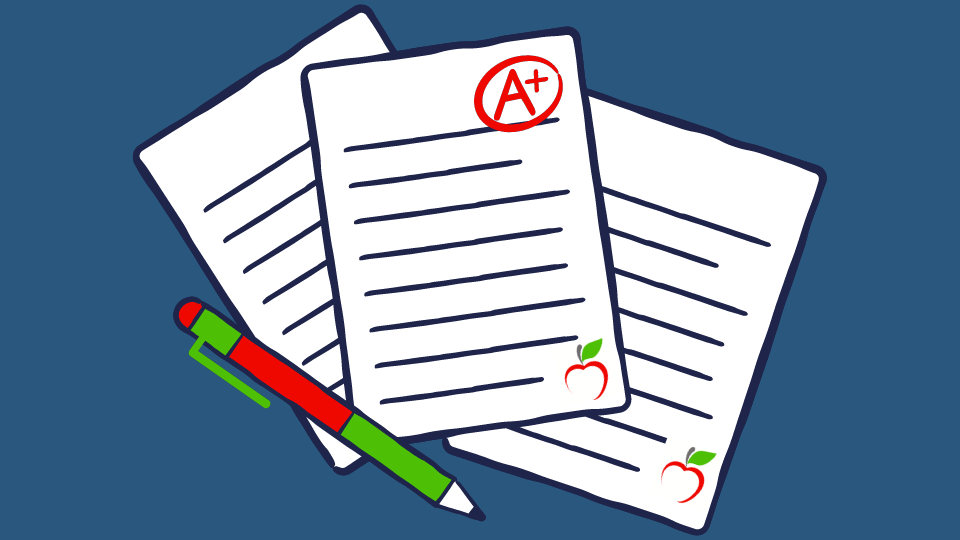FLDOE has revised the state statutes for the Reading Endorsement requirements. As such, new courses have been developed. All new enrollments beginning July 2023 must be in the new version of the courses. The new version of the courses will all have a "-2" at the end of the course number.




